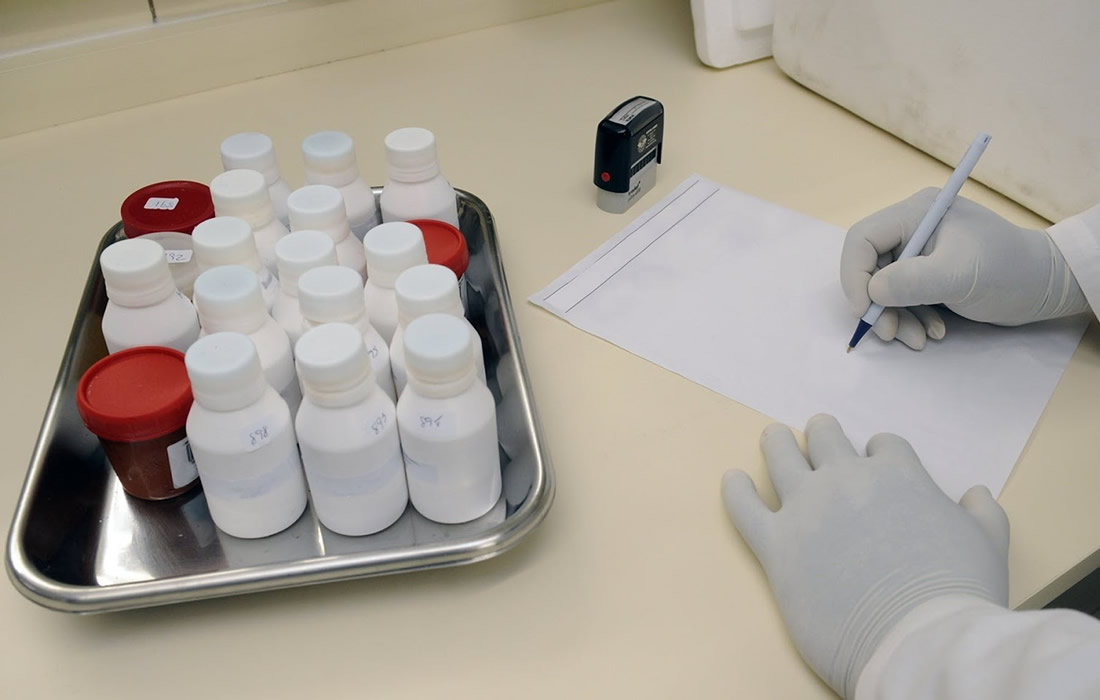Regenerative Medicine News and General Information
Potential New Drug Treatment for Multiple Sclerosis
MS is a progressive neurological disease that currently has no cure.
It is associated with a wide-range of debilitating symptoms, including problems with coordination, cognition, muscle weakness and depression.
CAMH-led pre-clinical studies using a small molecule drug have shown promise as a potential new treatment for multiple sclerosis (MS).
Expanding on Dr. Fang Liu’s earlier work that identified a novel drug target for the treatment of MS, she and her team have now created a small molecule compound that is effective in two different animal models of MS. This represents a key advancement that brings this MS research closer to the clinic to impact patient care.
It is known that MS damages myelin, a protective sheath that forms around nerves in the brain and spinal cord.
As the myelin damage is triggered by inflammation in the immune system, up until now all current drug treatments for MS target the immune system.
In this study, CAMH Senior Scientist Dr. Fang Liu and her team treated MS in a completely different way — targeting the glutamate system.
Study results showed that the newly synthesized lead compound not only reduced MS-like symptoms, it also may repair the damaged myelin in two different pre-clinical models of MS.
“Our compound had a stunning effect on rescuing myelin and motor function in the lab models, and I hope these effects will translate to the clinic to add to current treatments and bring new hope to patients with MS,” said Dr. Liu.
Dr. Iain Greig, Reader in Medicinal Chemistry at the University of Aberdeen, alongside his team, are working to turn the molecules identified by Dr. Liu into advanced “drug-like” molecules suitable for continued development towards clinical use in patients.
Dr. Liu believes that the evidence of efficacy and tolerability generated in this study for the small molecule drug makes it a good candidate to be developed for human trials. The next steps in drug development will involve some further pre-clinical research, including investigating safety and stability of the compound. CAMH and the University of Aberdeen have already filed patent applications to protect this research and are actively seeking industry partners to further advance this work towards clinical trials over the next few years.
Sources:
Dongxu Zhai, Shuxin Yan, James Samsom, Le Wang, Ping Su, Anlong Jiang, Haorui Zhang, Zhengping Jia, Izhar Wallach, Abraham Heifets, Chiara Zanato, Chih-Chung Tseng, Albert H.C. Wong, Iain R. Greig, Fang Liu. Small-molecule targeting AMPA-mediated excitotoxicity has therapeutic effects in mouse models for multiple sclerosis. Science Advances, 2023; 9 (49) DOI: 10.1126/sciadv.adj6187
Materials provided by Centre for Addiction and Mental Health. Note: Content may be edited for style and length.
Centre for Addiction and Mental Health. “Potential new drug treatment for multiple sclerosis.” ScienceDaily. ScienceDaily, 8 December 2023. <www.sciencedaily.com/releases/2023/12/231208190007.htm>.
Images from:
Photo by Pixabay
https://www.pexels.com/photo/person-in-white-hand-gloves-writing-on-white-paper-207601/

